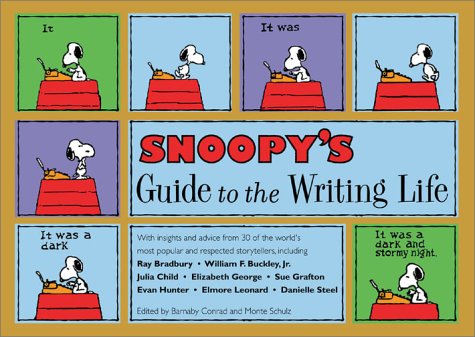One of the best things you can do to grow your author
platform is to grow an audience of subscribers to your blog. A healthy e-mail
list is attractive to potential publishers.
Lack of author platform continues to become one of the top
reasons we see proposals declined from a publisher.
According to a recent blog
from Rob Eager e-mail is forty times more effective at “acquiring customers
than all social media combined.” That’s
a bold statement. But consider that your e-mail list allows you to communicate directly to your readers. It’s more
targeted than Twitter or Facebook. (BTW- I just noticed the Pope has 8.75
million Twitter followers, he should have no problem getting a book contract.)
A very effective way to grow your e-mail subscription list
is to offer some free content as an enticement for a reader to subscribe to
your blog. In the same blog Rob Eager addresses the myth that giving
away free content could have a negative effect on current and future sales. He
counters this by explaining “free content is a low-cost effective way to gain
new customers.”
So what content do you have that you could format into a
short, downloadable PDF?
·
An unpublished short story
·
A five-day devotion series
·
A short collection of your poetry
·
A handful of your favorite recipes that tie in
with your current book or work-in-progress
·
A how-to manual for one of your hobbies
But whatever content you offer, it needs to have value to
the reader. It should be something that they feel they may not be able to find
elsewhere. Think about content that is unique to you as a writer.
In addition to using your blog to collect e-mail
subscribers, using a site like Noisetrade
is a great way to offer content to potential readers. Noisetrade originally
started as a ‘pay what you want’ site for musicians to release content. They are
also now allowing authors to offer content – everything from a complete book,
to a short story. With Noisetrade the consumer can pay you a small ‘tip’ or download
for free if they so choose. But either way they have to supply you with their
e-mail address.
Remember the larger your e-mail list is, the stronger your
online marketing asset becomes. And that could get you a J
from a publisher.









